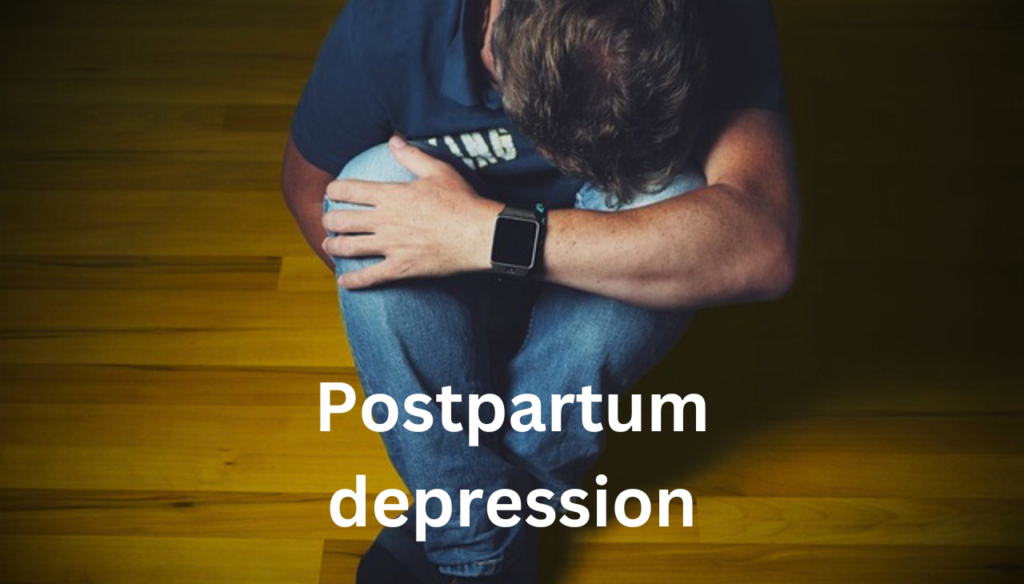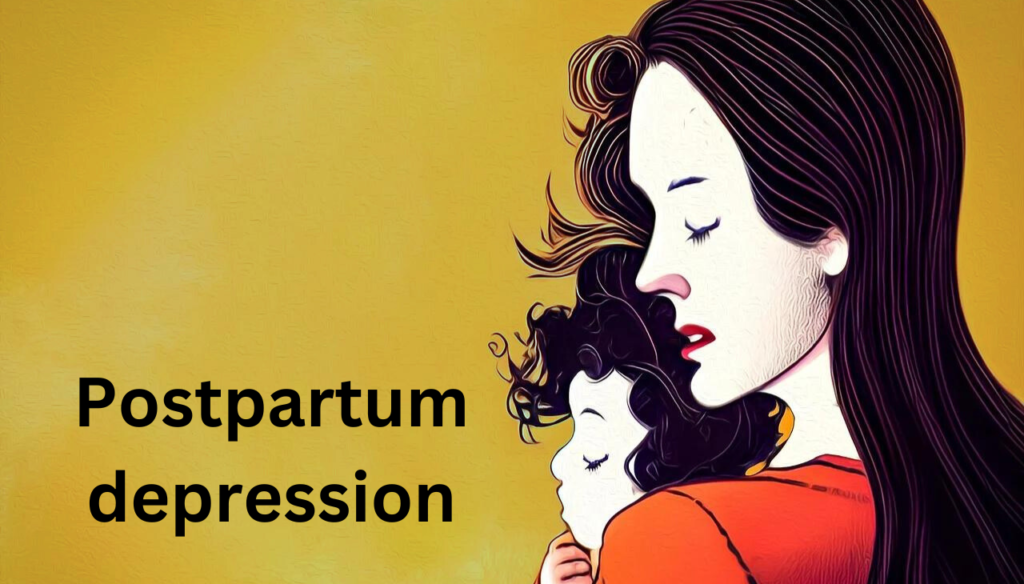Introduction to Postpartum Depression
One of the biggest joys in life is frequently acknowledged as the birth of a new life. However, melancholy, worry, and despair can overshadow the postpartum period for some new mothers. Globally, a considerable proportion of women are impacted by the phenomena commonly referred to as postpartum depression (PPD). The intricacies of postpartum depression, its indications and manifestations, contributing variables, and channels for obtaining assistance and backing will all be tackled in this piece.
Understanding Postpartum Depression
Postpartum depression is a form of clinical depression that occurs after childbirth. It’s more than just the “baby blues,” which are temporary mood swings that many women experience after giving birth. Unlike the baby blues, which typically resolve within a few days to a week, postpartum depression persists for weeks, months, or even longer if left untreated.
Signs and Symptoms
The signs and symptoms of postpartum depression can vary from person to person, but may include:
- Extended periods of melancholy, helplessness, or emptiness
- Recurrent episodes of uncontrollably crying
- Loss of enjoyment or interest in previously cherished activities
- A shift in sleep or eating habits
- A hard time bonding with the child
- Extreme irritability or rage
- Feelings of shame or worthlessness
- Thoughts of hurting the child or oneself

Risk Factors
While postpartum depression can affect any new mother, certain factors may increase the risk, including:
A past medical history of depression or other mental illnesses
- Past instances of depression following childbirth
- Stressful life circumstances either before or after giving birth
Insufficient social backing
- Issues in relationships
- Monetary troubles
- Difficulties with getting pregnant or giving birth
- Hormonal fluctuations
Seeking Help
It’s essential for new mothers experiencing symptoms of postpartum depression to seek help and support. Talking to a healthcare provider, such as an obstetrician/gynecologist or a mental health professional, is the first step toward getting the assistance needed to address postpartum depression effectively. Additionally, reaching out to friends, family members, or support groups can provide valuable emotional support and encouragement.
Treatment Options
Depending on the needs of the patient, postpartum depression treatment may involve a combination of strategies. These could consist of:
- Therapy: Psychotherapy, such as interpersonal or cognitive-behavioral therapy (CBT), can assist people in addressing unfavorable thought patterns, creating coping mechanisms, and enhancing their communication abilities.
- Medication: Postpartum depression symptoms may be lessened with the prescription of antidepressant drugs. It’s critical to speak with a healthcare professional to assess the advantages and disadvantages of taking medication while nursing.
- Support Groups: For moms dealing with postpartum depression, joining a support group can offer a sense of belonging, affirmation, and inspiration. Talking about experiences with like-minded people can be really therapeutic.
- Self-Care: Engaging in self-care activities, such as physical activity, a nutritious diet, enough sleep, and joyful hobbies, can help enhance
- FAQs
Q: How common is postpartum depression?
A: Postpartum depression affects approximately 10-15% of new mothers, though the prevalence may vary depending on factors such as geographical location, socioeconomic status, and cultural factors.
Q: Can postpartum depression affect fathers/partners?
A: While postpartum depression is most commonly associated with mothers, fathers and partners can also experience depression following the birth of a child. This phenomenon, known as paternal postpartum depression, is less recognized but equally valid.
Q: How long does postpartum depression last?
A: The duration of postpartum depression can vary from person to person. Some individuals may experience symptoms for a few weeks or months, while others may struggle for a year or more if left untreated. Early intervention and appropriate treatment can significantly improve outcomes.
Q: Can postpartum depression affect the baby?
A: Postpartum depression can impact the mother-infant bond and the baby’s emotional development. Infants of mothers with untreated postpartum depression may be at higher risk of developmental delays, behavior problems, and attachment difficulties. Seeking treatment is essential for the well-being of both the mother and the baby.
Conclusion
Postpartum depression is a significant public health concern that can have profound effects on the well-being of new mothers and their families. By raising awareness, reducing stigma, and providing support and resources, we can help ensure that all mothers receive the care and assistance they need to navigate the challenges of the postpartum period with resilience and hope. If you or someone you know is struggling with postpartum depression, remember that help is available, and you’re not alone.



